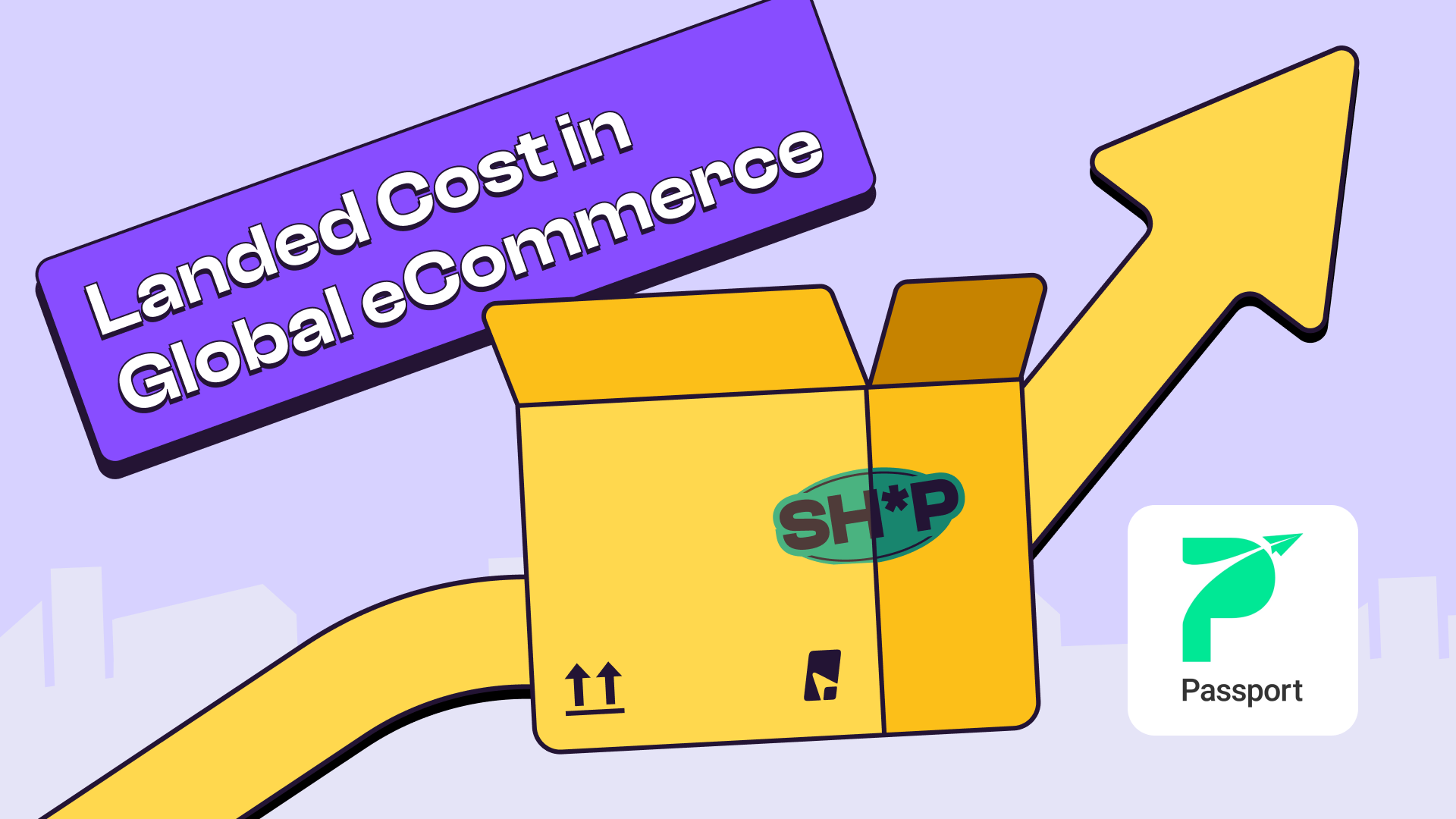Sign up and schedule your PrettyDamnQuick walk-thru
Plus, you'll get a free custom audit to:
✅ Discover revenue opportunities you’re missing
✅ Get quick wins you can implement immediately
✅ Tweak and improve your customers' experience





Sign up and schedule your PrettyDamnQuick walk-thru
Plus, you'll get a free custom audit to:
✅ Discover revenue opportunities you’re missing
✅ Get quick wins you can implement immediately
✅ Tweak and improve your customers' experience





Sign up and schedule your PrettyDamnQuick walk-thru
Plus, you'll get a free custom audit to:
✅ Discover revenue opportunities you’re missing
✅ Get quick wins you can implement immediately
✅ Tweak and improve your customers' experience









.png)











.png)
.png)












.png)
.png)

.png)

.png)
.png)




